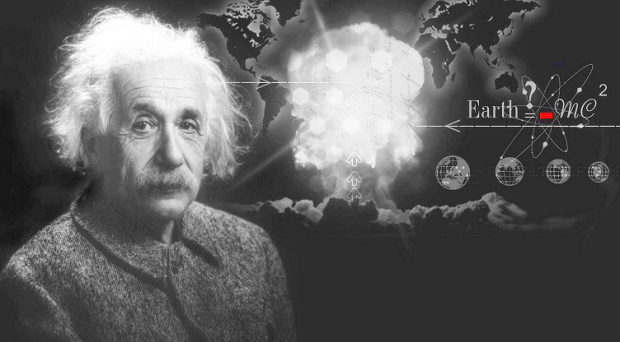Early in December 2014, Albert Einstein’s digital papers were released and many were excited to know about any mention of space travel from the great man’s work. While Einstein died two years earlier than the launch of Sputnik 1 in 1957, the theory about rocket flight had existed for many decades by that time. Many people were theorizing about it, including Hermann Oberth, a physicist from Germany.
The first digital release, however, only covers the life of Einstein up to 1923, when Oberth only started to write about spaceflight. So, while searching for the terms space travel or rocket, nothing can be found in the digital papers. Perhaps, in the later volumes, these terms would come out.
However, there is still an interesting item from January 1920 wherein the professor said that earth is not the only planet that supports life because it is not singular in any other respect. He added that if intelligent life exists somewhere in the universe, it’s not right to assume that these ETs would contact mankind by wireless radio. He said that light rays would be the first method attempted because they can be controlled much more easily.
Einstein thought of what we have known today as radio Search for Extraterrestrial Intelligence (SETI) may sound surprising because most searches until today primarily rely on a radio signals. But it is also important to note that in 1920, Einstein lacked information. Radio searchers are preferred for SETI because radio waves penetrate more easily in pervasive dust in space, which can block shorter-wavelength light from reaching Earth. Astronomers did not have full understanding yet about the nature of interstellar dust in 1920.
Still, Optical SETI searchers by teams from many places, including teams at Harvard, favored light beams even though it is harder to search for light beams that would have to be aimed exactly in planet Earth’s direction, as compared to radio signals that scattered in space.
Einstein’s digital papers also mention Mars saying that it’s a pity humans don’t live on Mars and just observed nastic antics of man by telescope.
SOURCE: Thoughts On ETs By Albert Einstein In A Newly Released Digital Papers
